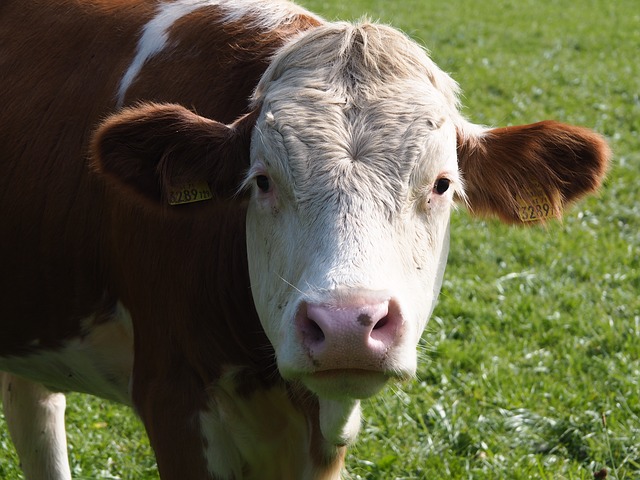New study warning of dangers of gene editing in human embryos has relevance for agricultural GMOs
By Claire Robinson,
GMWatch
| 07. 03. 2023
Scientists have discovered that the cells of early human embryos are often unable to repair damage to their DNA caused by the CRISPR/Cas gene editing process. The researchers say that this has important implications for the proposed use of gene editing to repair mutated genes, which underlie serious inherited diseases, as well as for in vitro fertilisation (IVF) in general.
Commenting on her team's findings, lead researcher Dr Nada Kubikova from the University of Oxford, UK, said: “Gene editing has the potential to correct defective genes, a process that usually involves first breaking and then repairing the DNA strand. Our new findings provide a warning that commonly used gene editing technologies may have unwanted and potentially dangerous consequences if they are applied to human embryos.
“Our results show that the use of CRISPR/Cas9 in early human embryos carries significant risks. We have found that the DNA of embryo cells can be targeted with high efficiency, but unfortunately this rarely leads to the sort of changes needed to correct a defective gene. More often, the strand of DNA...
Related Articles
By Diaa Hadid and Shweta Desai, NPR | 01.29.2026
MUMBRA, India — The afternoon sun shines on the woman in a commuter-town café, highlighting her almond-shaped eyes and pale skin, a look often sought after by couples who need an egg to have a baby.
"I have good eggs,"...
By George Janes, BioNews | 01.12.2026
A heart attack patient has become the first person to be treated in a clinical trial of an experimental gene therapy, which aims to strengthen blood vessels after coronary bypass surgery.
Coronary artery bypass surgery is performed to treat...
By Staff, ScienceDaily | 01.05.2026
Scientists at UNSW Sydney have developed a new form of CRISPR technology that could make gene therapy safer while also resolving a decades-long debate about how genes are switched off. The research shows that small chemical markers attached to DNA
...
Following a long-standing CGS tradition, we present a selection of our favorite Biopolitical Times posts of the past year.
In 2025, we published up to four posts every month, written by 12 authors (staff, consultants and allies), some in collaboration and one simply credited to CGS.
These titles are presented in chronological order, except for three In Memoriam notices, which follow. Many more posts that are worth your time can be found in the archive. Scroll down and “VIEW...




